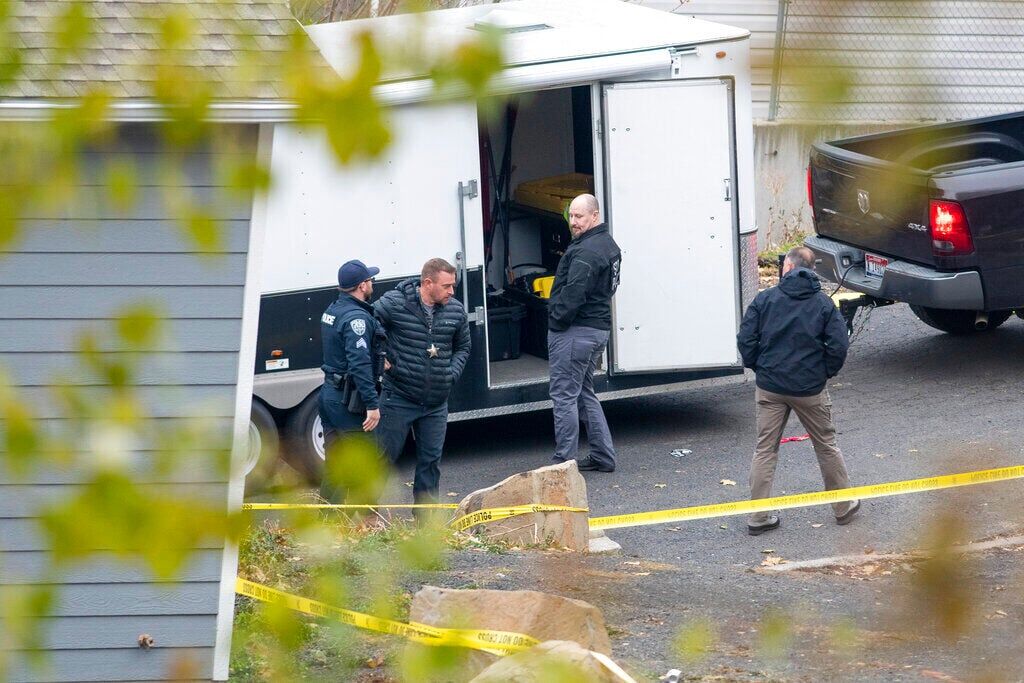MOSCOW, Idaho – Saying the release of the photos would cause “irreparable injury” a Latah County judge sided with the family of one of the University of Idaho victims, blocking the release of graphic crime scene photos.
Karen Laramie, Madison Mogen’s mom, asked the judge to keep certain pictures private, even as a flood of evidence has now been made public.
Bryan Kohberger murdered Mogen, Kaylee Goncalves, Ethan Chapin and Xana Kernodle in an off-campus home in November 2022.
In her ruling, Latah County Judge Megan Marshall acknowledged the widespread interest in the case.
She said since July 23, 2025, the City of Moscow has received more than 1,150 public records requests for information related to the crime, including requests for crime scene photos and autopsy reports.
The City of Moscow has made much of that information public, but Laramie argued that the release of some pictures, including photos of her daughter’s body, were a violation of privacy.
Ethan Chapin’s family joined the request for privacy.
The judge initially put a temporary block on the release.
In her legal analysis, Judge Marshall weighed the public’s right to know against the claims for privacy.
She also cited a need to differentiate between the privacy rights of the victims and the privacy rights of their survivors.
“There is little to be gained by the public in seeing the decedents’ bodies, the blood soaked sheets, blood spatter or other death-scene depictions, whereas the dissemination of these images across the internet and in public spheres where Plaintiffs may come upon them by happenstance, as has already occurred, causing them extreme emotional distress is an unwarranted invasion of personal privacy,” Judge Marshall wrote.
She wrote about the images and videos of the crime scene the city has already released, where they blurred certain areas, but says more redactions are necessary before certain pictures and videos are made public.
“The City may disclose the investigatory records in this matter, but must blackout any areas within the images, photographs, video, or other media that depict any portion of the decedents or their bodies and the blood immediately surrounding them,” she wrote.
The judge did not side completely with the families, though.
While the families argued that any images of alcohol, personal property, images of rooms other than the victims’ bedrooms and video of witnesses crying should be withheld from public view, the judge said releasing these images “does not impugn the character of the decedents in a way that constitutes an unwarranted invasion of privacy” and those records can be released.
COPYRIGHT 2025 BY KXLY. ALL RIGHTS RESERVED. THIS MATERIAL MAY NOT BE PUBLISHED, BROADCAST, REWRITTEN OR REDISTRIBUTED.
